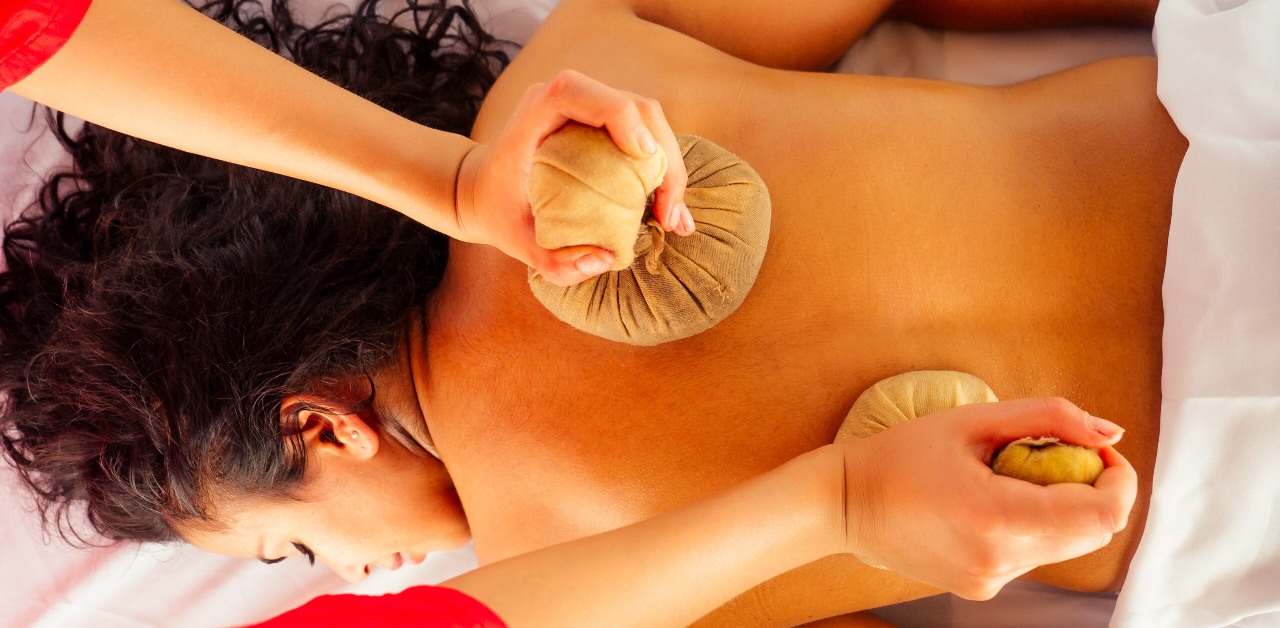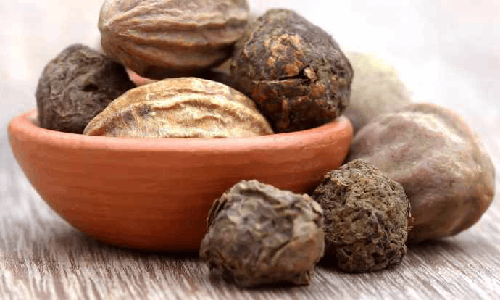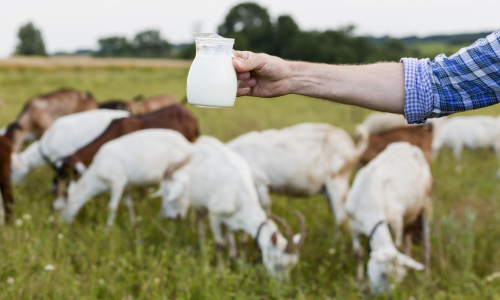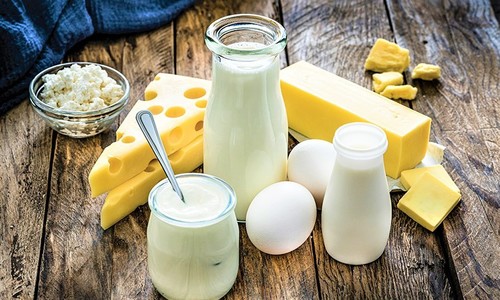Imagine a therapy that combines the nourishing qualities of rice and milk to rejuvenate your body and alleviate various ailments. This is precisely what Njavarakizhi offers – a unique Ayurvedic treatment that harnesses the power of nature to promote healing and well-being. What is Njavarakizhi ? ‘Njavara’ refers to a particular variety of rice harvested in 60 days, renowned for its medicinal properties. ‘Kizhi’ means poultice or pouch made of cloth. Njavarakizhi is a rice poultice used to treat several health conditions. Navarakizhi, also known as Shashtika Shali Pinda Sweda, is a specialized Ayurvedic therapy that combines the nourishing properties of milk and a unique type of rice called Shashtika Shali or Njavara rice. This treatment induces sweat, thus helping build muscle strength, restore the body, and decrease pain and stiffness caused by different musculoskeletal and neuromuscular conditions. Unlike other Ayurvedic Swedana (sweating) therapies, Njavarakizhi also delivers deep nutrition to the tissues, making it ideal for rejuvenation. The Unique Ingredients: Njavara Rice and Milk Njavara rice steamed in milk and particular herbal decoctions constitutes the chief ingredient of the poultice or Njavarakizhi. As a nourishing medium, the milk also bolsters the therapy’s ability to strengthen and restore all of the body tissues, with specific emphasis on muscle and joint tissue. Njavara rice is a unique grain that is rich in essential amino acids, antioxidants and vital nutrients that help repair damaged tissues. Unlike regular rice, Njavara is known for its Vata and Pitta-balancing properties, making it a preferred choice for conditions caused by excess dryness and heat in the body. The Njavarakizhi Procedure Njavarakizhi is a type of Pinda Sweda therapy, a specialized Ayurvedic sudation treatment. One of the key Pinda Sweda benefits is its ability to deeply nourish and rejuvenate the muscles while also relieving pain and stiffness Njavarakizhi involves a very systematic and well-defined 3 step procedure: Purvakarma (Preparation) The first stage in which the body receives a full-body massage with medicated oils to get it ready for the main treatment. The massage relaxes the muscles and opens the channels for high absorption of the therapeutic substances. The medicated oil is chosen based on the individual’s Dosha imbalance. For instance, Bala Tailam is often used for nerve-related disorders, while Dhanwantharam Tailam is used for post-surgical recovery and joint pains. Pradhana Karma (Main procedure) Here, the poultices prepared by filling the cooked Njavara rice mixture are heated and applied to the body. The therapist gently massages the whole body with the warm boluses paying attention to the specific areas that need attention. The heat and healing nature of the poultices allows deep penetration into the tissues, encouraging sweating and eliminating toxins. Each session lasts between 45-60 minutes, and the treatment is performed in synchronized rhythmic movements to enhance its therapeutic effects. The continuous application of warm herbal rice boluses helps in cellular rejuvenation, improving circulation, and enhancing metabolic functions. Paschat Karma (Post procedure) The remaining paste is removed, followed by a gentle massage with medicated oils. It is important to take enough rest to help the body integrate the healing effects. After the therapy, it is advised to drink warm herbal water or light herbal tea to support detoxification. Following a Pitta and Vata-pacifying diet also enhances the results of the treatment. Benefits of Njavarakizhi As an effective Ayurvedic therapy for joint pain, Njavarakizhi reduces inflammation, improves circulation and strengthens muscles, making it beneficial for arthritis and musculoskeletal disorders. Improves muscle strength: The treatment provides nutrition and strength to muscle tissues making it a most sought after treatment for muscle weakness or atrophy. Revitalizes the body: Njavarakizhi rejuvenates the body by promoting blood circulation and detoxification. Hence it imparts a sense of overall well-being. Reduces joint pain: The herbal decoctions used in the therapy possess anti-inflammatory properties that reduce joint pain and stiffness, providing relief in conditions like arthritis. Enhances skin texture: Regular Njavarakizhi sessions can make your skin firmer and more radiant. Balances Doshas: It helps in balancing the body doshas (Vata, Pitta and Kapha) and thereby maintaining health and harmony. Boosts energy levels: Unlike regular oil massages, Njavarakizhi strengthens the nervous system and restores physical energy, making it beneficial for those experiencing chronic fatigue or weakness. Supports digestion: The treatment has a positive impact on gut health by improving Agni (digestive fire), making it useful for individuals with weak digestion and poor nutrient absorption. Njavarakizhi for Various Health Conditions Njavarakizhi is a deeply rejuvenating Ayurvedic therapy that provides relief from various musculoskeletal, neurological, and degenerative conditions. Below are some key health conditions where this treatment is highly useful: Arthritis (Osteoarthritis and rheumatoid arthritis) Njavarakizhi is a highly effective Ayurvedic treatment for arthritis, particularly for conditions like osteoarthritis and rheumatoid arthritis. By improving joint mobility and reducing inflammation, this therapy helps patients manage arthritis symptoms naturally. Njavarakizhi helps in: Reducing joint stiffness – The warmth of the herbal poultice goes deep into the joints thereby improving flexibility. Alleviating pain and inflammation – Milk and other herbal decoctions act as painkillers and soothe inflamed joints. Strengthening the joints and muscles – The therapy provides deep nourishment due to the presence of strong ingredients like milk and rice. Both of these have the property of slowing down the degeneration of joints and muscles. For all these benefits, it is highly beneficial for people with chronic joint pain, stiffness, and swelling. Muscular dystrophy and muscle weakness Muscular dystrophy leads to progressive muscle weakness. Njavarakizhi helps in: Strengthening weak muscles – The therapy nourishes the tissues and improves muscle strength. Preventing further degeneration – Regular sessions slow down muscle loss. Improving mobility and flexibility – Heated medicated boluses relax the muscles and promote movement. Paralysis (Hemiplegia, paraplegia and facial paralysis) Njavarakizhi is commonly used for patients recovering from strokes, Bell’s Palsy or nerve damage… Continue reading Struggling with Pain and Stiffness? Try Njavarakizhi!
Struggling with Pain and Stiffness? Try Njavarakizhi!



